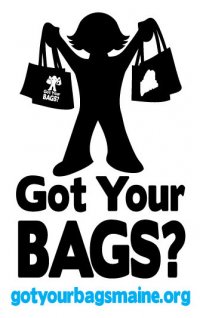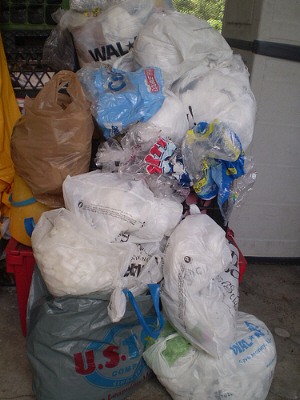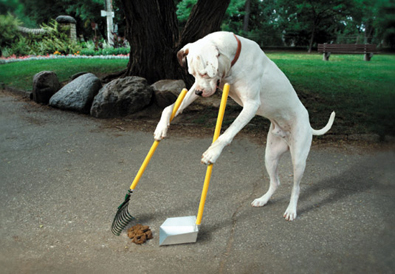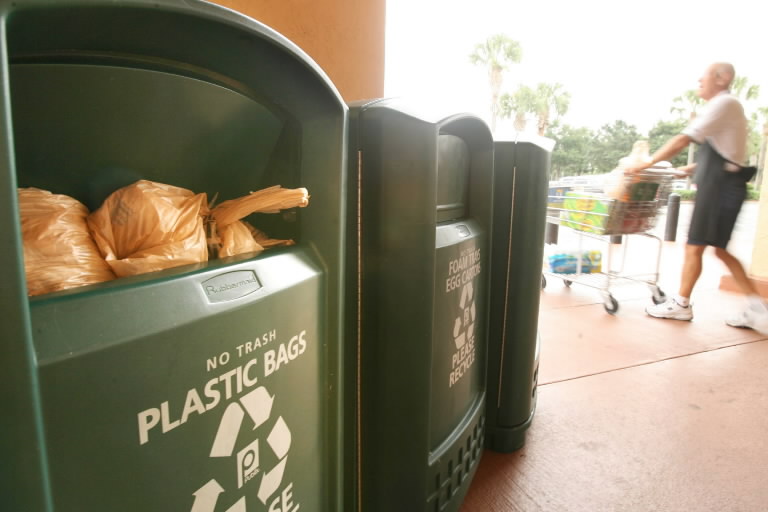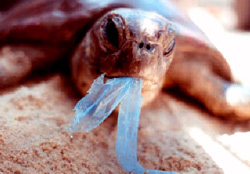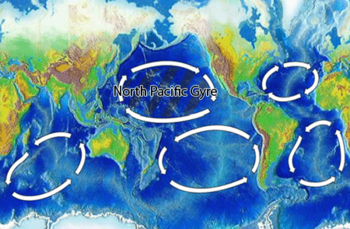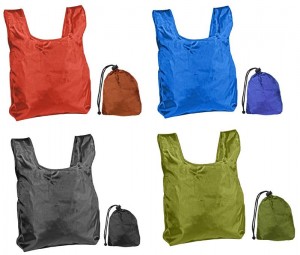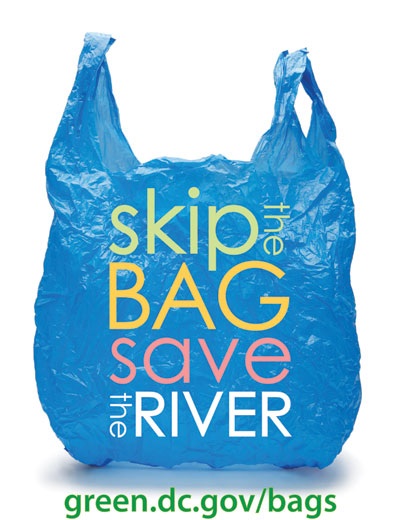 When everyone is on the same page, great things happen. This summer, Washington D.C. created a 5-cent disposable bag fee, aimed at keeping trash out of the city’s waterways. Starting January 1, 2010, businesses selling food and alcohol will charge five cents for disposable plastic OR paper bags. That money will go to the newly created Anacostia River Cleanup and Protection Fund, which will be used to remove trash from the river.
When everyone is on the same page, great things happen. This summer, Washington D.C. created a 5-cent disposable bag fee, aimed at keeping trash out of the city’s waterways. Starting January 1, 2010, businesses selling food and alcohol will charge five cents for disposable plastic OR paper bags. That money will go to the newly created Anacostia River Cleanup and Protection Fund, which will be used to remove trash from the river.
The fee is the first in the country to apply to both plastic and paper bags. The awareness campaign, called “Skip the Bag, Save the River,” launched yesterday. Before the new law goes into effect, the D.C. Department of the Environment will distribute at least 100,000 free, reusable bags to D.C. residents, mainly seniors and low-income residents.
The beige and blue bags feature the slogan “Skip the Bag, Save the River.” The city is also planning an advertising campaign to promote the reusable bags, which it will finance using the fees it collects. About $3.6 million in tax revenue is expected in the program’s first year.

